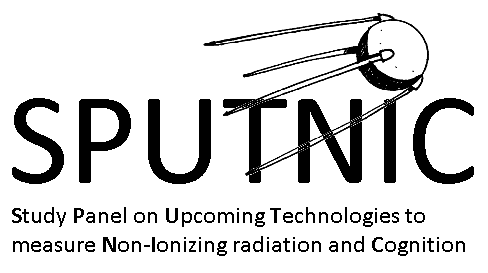SPUTNIC - Study Panel on Upcoming Technologies to measure Non-Ionizing Radiation and Cognition
The SPUTNIC study measured individual exposure to radiofrequency electromagnetic fields (RF-EMF, e.g. from cell phones) in relation to acute health effects including cognitive performance, healt-related quality of life, and sleep behaviour. Volunteer participants from Basel and Besancon (France) were recruited and followed up for 10 days each. Exposure was assessed as mobile phone and cordless phone call time as well as mobile phone screen time through a daily questionnaire. The participants completed daily game-like cognitive tests to record performance in different cognitive domains. They further completed a short questionnaire and wore an activity tracker (Fitbit) on the wrist to measure sleep behaviour. The study did not find associations between short-term markers of RF-EMF exposure and cognitive performance, HRQoL, or sleep duration and quality. The most consistent finding was increased stress in relation to more screen time, but no association with cordless or mobile phone call time.
Related topics
Related activities
